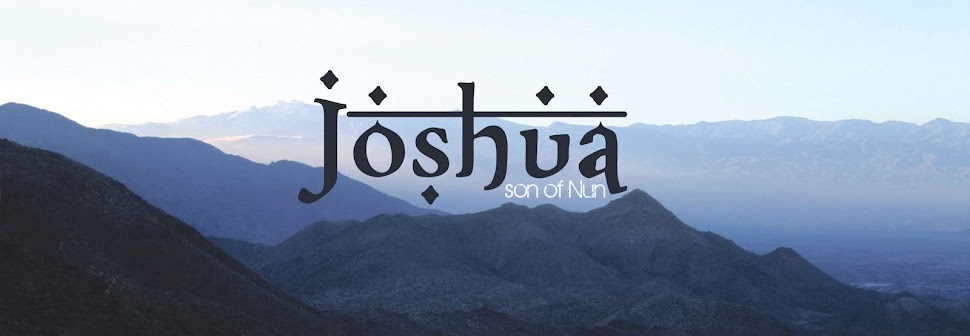Joshua 2
There are three New Testament references to Rahab.
1) Hebrews 11:31 says, "By faith Rahab the harlot did not perish along with those who were disobedient, after she had welcomed the spies in peace."
This verse comes in the back half of the so called 'hall of faith' (Hebrews 11). Picture this chapter like a wax museum of faithful Old Testament men and women. As you walk down the quiet halls you see Abel, who offered the acceptable sacrifice; Enoch, who was caught up into heaven without dying; Noah, who built a giant boat before the world had ever seen a rain drop; Abraham and Sarah, who set out to an unknown land and gave birth to a child in extreme old age.
As you approach the end of the hall, you see statues of Isaac and Joseph. On the end there's Moses looking old and wise. And rounding the corner, you expect to see Joshua next; but to your surprise, there's a woman. The name plate says 'Rahab, the Harlot'...
Something about Rahab's faith is exemplary for us. Seemingly more so than Joshua's.
2) James 2:25 says, "In the same way, was not Rahab the harlot also justified by works when she received the messengers and sent them out by another way?"
Rahab said that all the inhabitants of the land were afraid of the Israelites. So they all believed in God enough to be afraid. But as James 2:19 explains, the demons believe too. And they shudder.
Rahab's faith was different than the rest of the inhabitants' belief. Her faith was animated by works. Her faith was brought to life by action. She received the messengers and asked for mercy. She transferred her faith from Jericho's walls to Israel's God.
Rahab is an example of faith animated by works. Like Disney is able to make static drawings come to life on the big screen, Rahab's faith came to life in her actions.
Now that we see the picture of saving faith in Rahab's story; how does our faith compare? Does our faith look like this? Does our faith motivate us to seek mercy and participate in God's work in the world? Does our faith cause us to transfer our hope from all else to God's mercy through Jesus?
Or do we simply believe, like the other inhabitants of the land?
Is the picture still fuzzy to you? Check back for part three of this post in which we'll look at the third reference to Rahab in the New Testament.
Subscribe to:
Post Comments (Atom)


No comments:
Post a Comment
Greetings. Speak your mind and may God bless you on your journey.